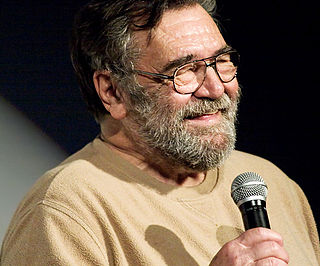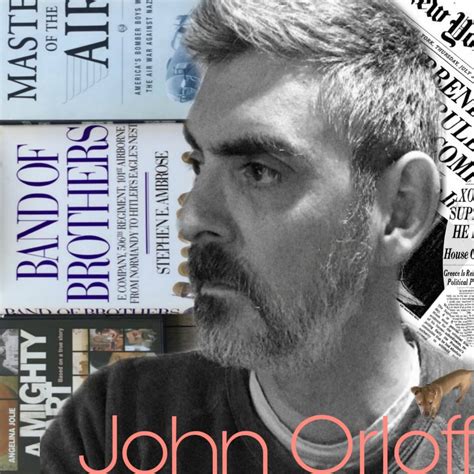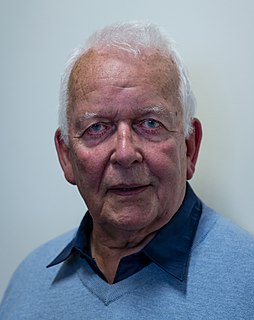A Quote by Ian Mckellen
Tolkien is as good as Dickens at sketching a scene.
Related Quotes
Dickens's final book, 'The Mystery of Edwin Drood,' forms the jumping-off point for my new novel, 'The Last Dickens'. This last work by Dickens has very little social commentary and a pretty tightly efficient storyline and cast of characters. Not necessarily what we think of when we think what characterizes Dickens.
People sort of accuse Tolkien of not being good with female characters, and I think that Eowyn actually proves that to be wrong to some degree. Eowyn is actually a strong female character, and she's a surprisingly modern character, considering who Tolkien actually was sort of a stuffy English professor in the 1930s and '40s.

































